upd: 02 Sep 2024
Solar - Tom Harrell Solo
Number of pages: 2
Reference video:
If you like this video, please buy the original music and support jazz music and jazz artists!
- Baritone Saxophone – Ronnie Cuber
- Bass – Sam Jones
- Drums – Louis Hayes
- Piano – Rein De Graaff
- Trumpet, Flugelhorn – Tom Harrell
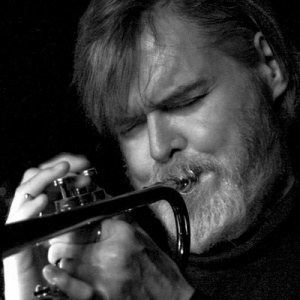
Tom Harrell
Tom Harrell, (born June 16, 1946, Urbana, Illinois, U.S.), American jazz trumpet player and composer who was recognized for his lyrical, vibratoless improvisations and for his facility in both traditional and experimental styles of jazz.
Harrell spent most of his youth in the San Francisco Bay area, where he began playing in jazz groups when he was 13. He graduated from Stanford University in 1969 with a major in music composition, and he also studied with alto saxophonist Lee Konitz. His highly varied résumé included tours with a number of big bands, including those of Stan Kenton (1969) and Woody Herman (1970–71); work with pianist Bill Evans (1979); and performance in Konitz’s latter-day cool-jazz nonet (1979–81). It was as a trumpet soloist in the hard-bop (an extension of bebop) combos led by Horace Silver (1973–77) and Phil Woods (1983–89), however, that he attracted the most attention. All the while, Harrell was composing prolifically, and by the time he left Woods’s combo in 1989, he was recording with his own combo. While fronting various groups in the 1990s, he also toured the United States and Europe as a freelance sideman, most notably with Charlie Haden’s Liberation Music Orchestra.
Harrell was ranked as top trumpet player in the 1996 Down Beat magazine critics poll, an honour that not only acknowledged his artistic accomplishment but ultimately vindicated his decision to lead his own groups and play his own compositions. The 1996 album Labyrinth, his first for a major label (RCA Victor), featured his compositions for quintet and nonet. The collection included works with standard chord changes, as well as “Cheetah,” a free jazz experiment with a spontaneous harmonic structure and shifting tempi, and “Darn That Dream,” a one-man duet, with Harrell’s flügelhorn solo accompanied by himself on piano. Over the next few years, Harrell’s recordings—such as The Art of Rhythm (1998) and Paradise (2001)—tended to focus on large ensembles. He then began to shift his emphasis toward smaller groups on albums such as Light On (2007), Prana Dance (2009), and Infinity (2019).
from Britannica





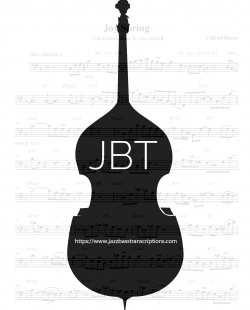
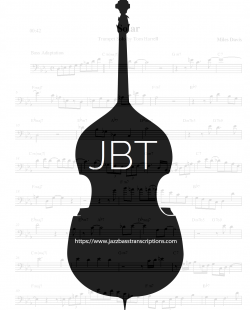
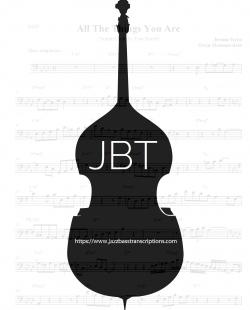

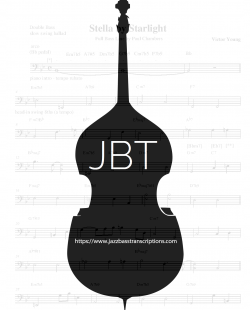
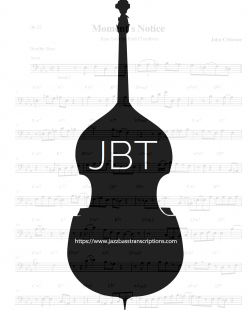
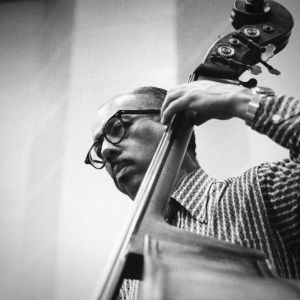

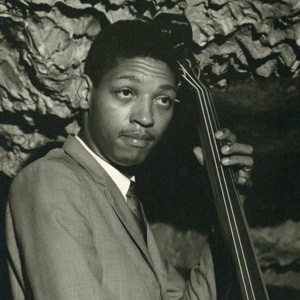
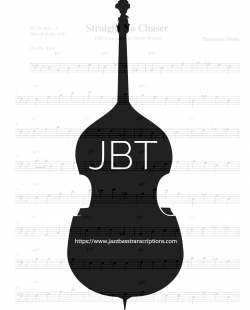
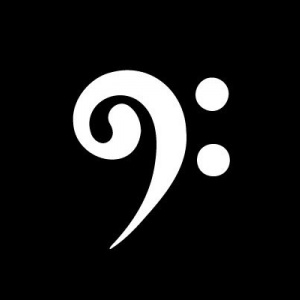

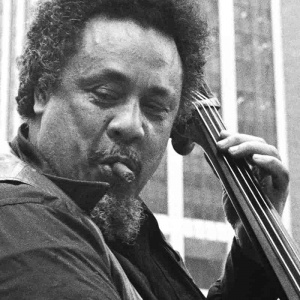

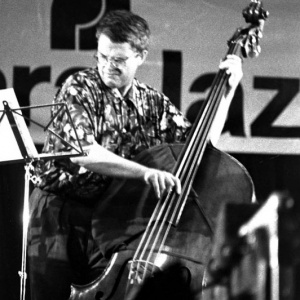
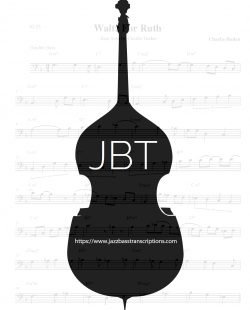
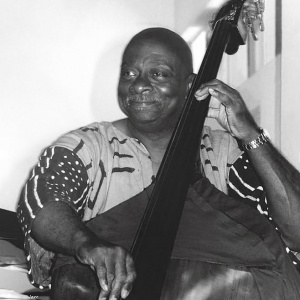

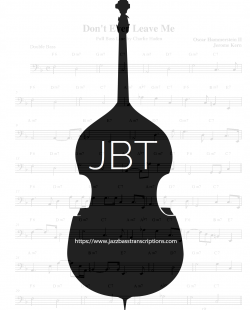
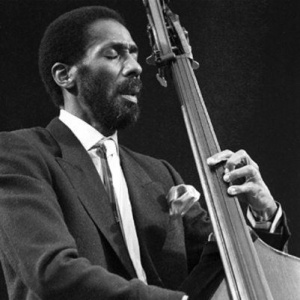

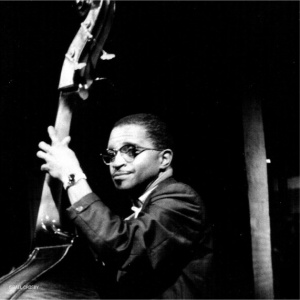

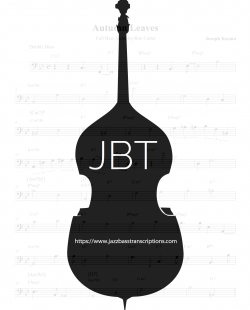
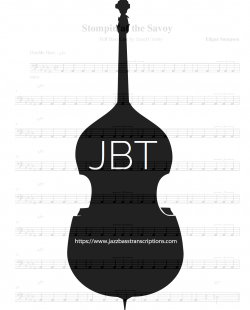
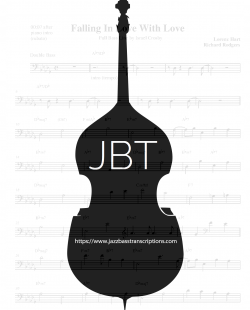
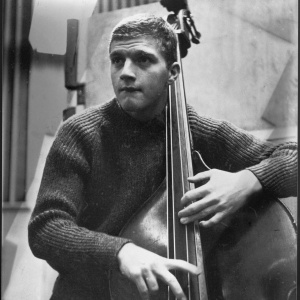
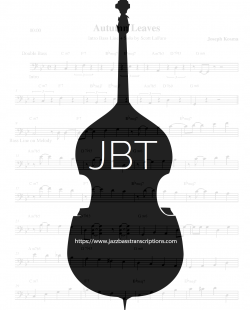
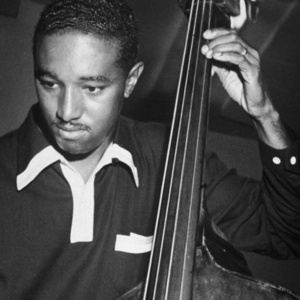
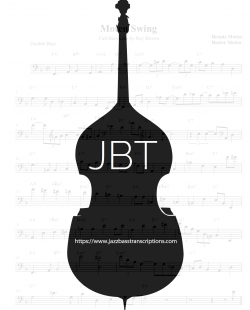
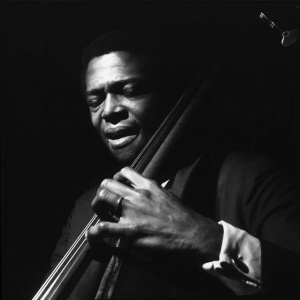
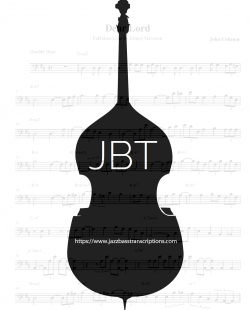

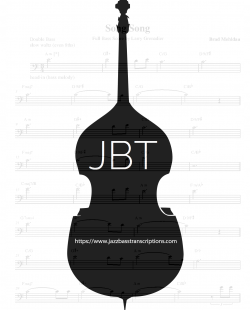
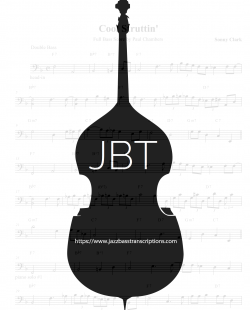

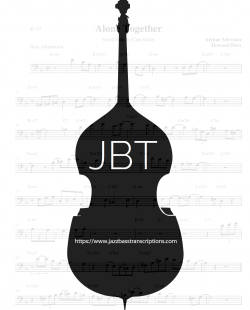
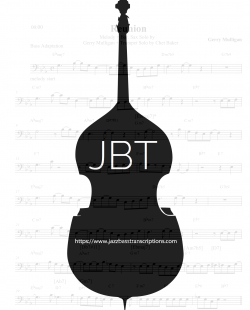
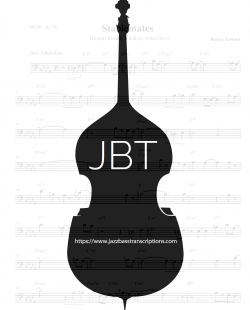

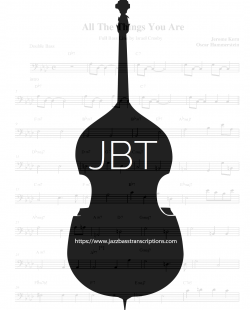
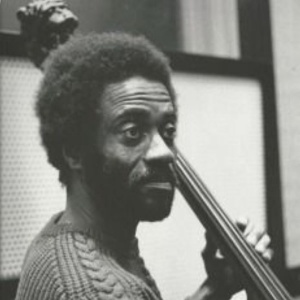
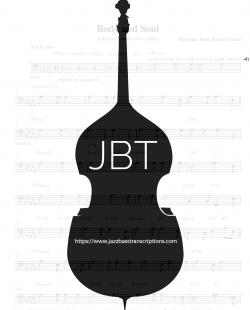
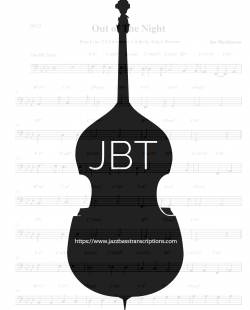
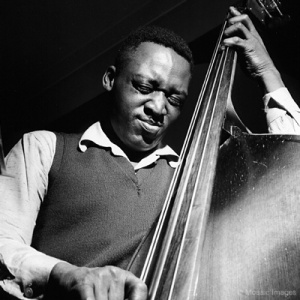
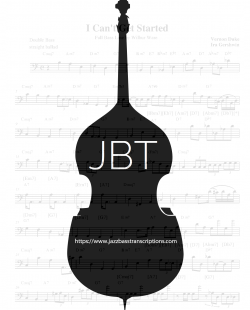
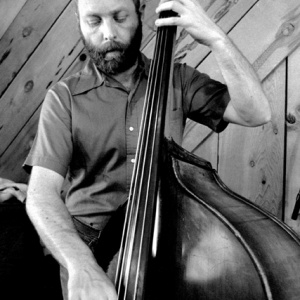
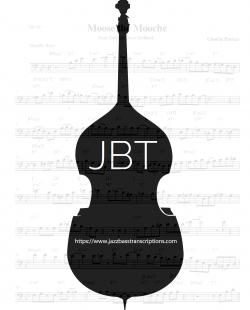
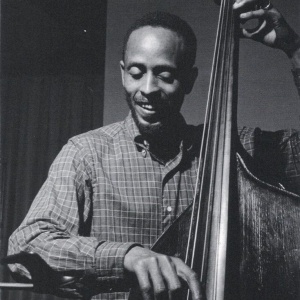
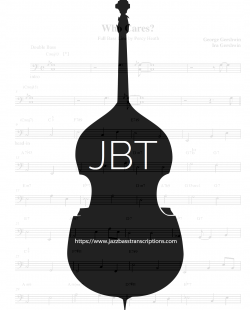
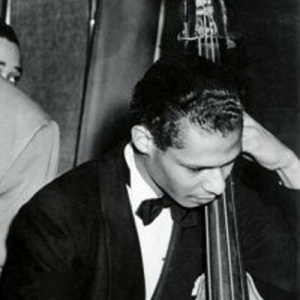
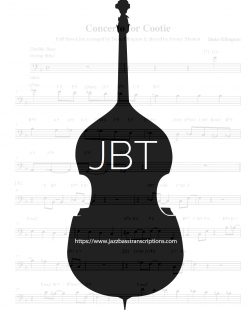
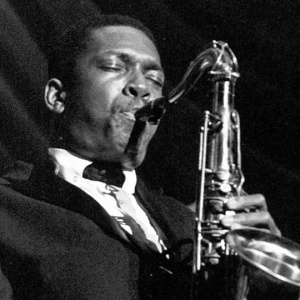
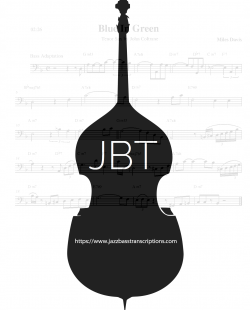
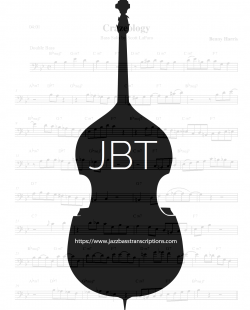
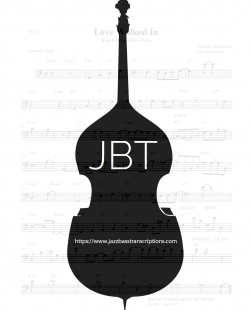
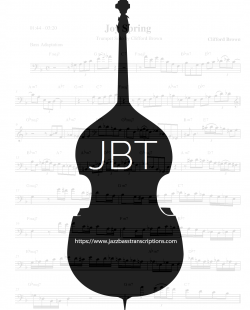
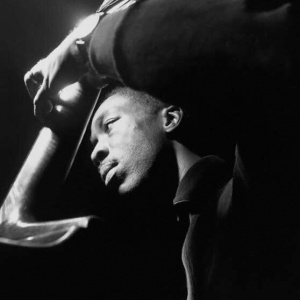
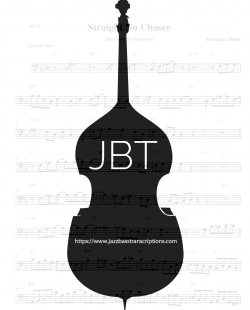
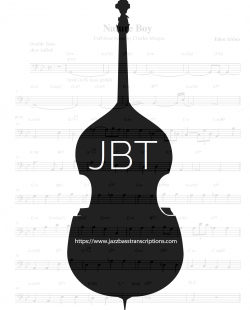
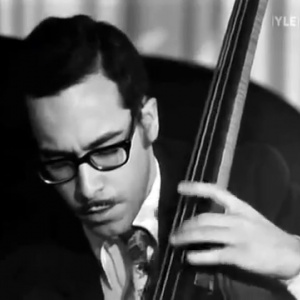
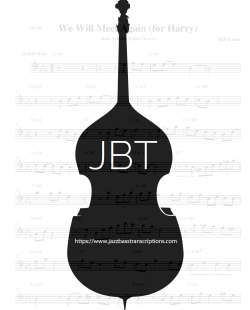
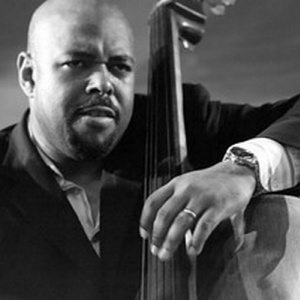
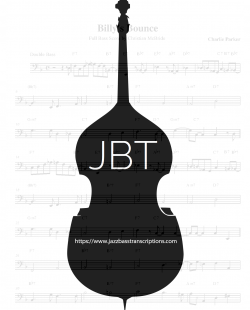
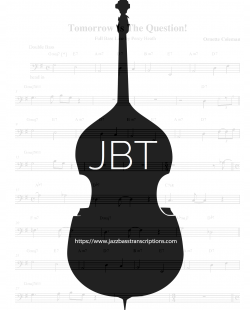

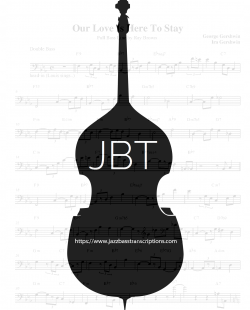
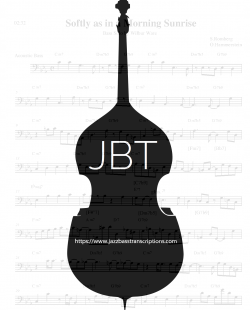
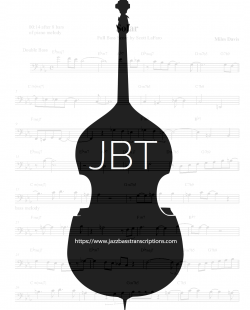
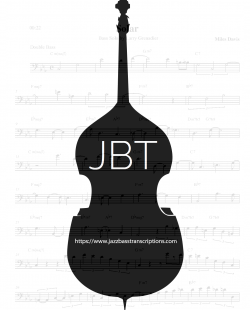

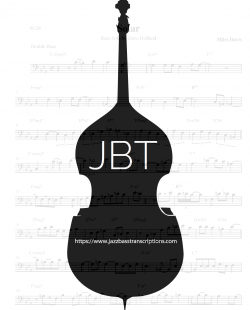
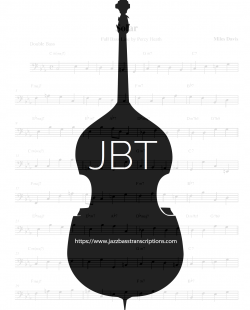
 Help
Help
